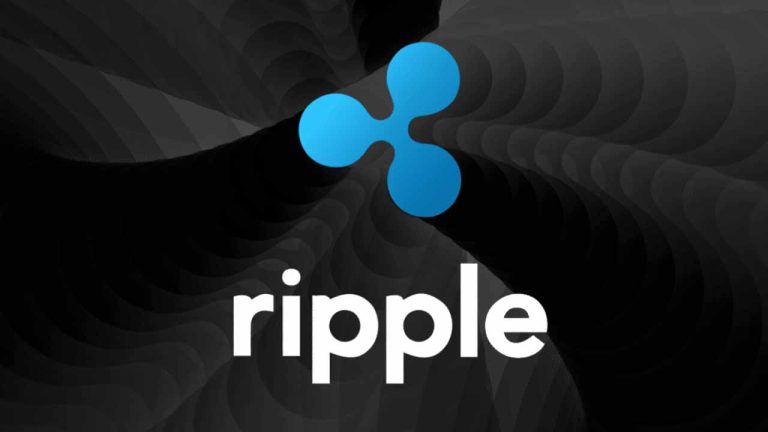Ripple CEO Brad Garlinghouse has issued a stark warning about the potential for the US government to target Tether, the issuer of the world’s largest stablecoin by market capitalization. Garlinghouse made the remarks during a recent episode of the World Class Podcast with Chris Vasquez.
Ripple CEO Brad Garlinghouse Claims US Government Targeting Tether
According to Garlinghouse, potential US action against the stablecoin issuer could trigger significant disruption in the crypto space.
“The US government is coming after Tether. That’s very clear to me. I see Tether as a very important part of the ecosystem, and I don’t know how to predict the impact that would have on the rest of the ecosystem,” Garlinghouse stated.
This assertion comes amid growing scrutiny surrounding Tether, following revelations that its USDT stablecoin has been utilized by terrorist organizations and sanctioned nations to circumvent US financial restrictions.
In April, US Treasury Under Secretary Adewale Adeyemo testified before the Senate Banking Committee, highlighting Russia’s increasing adoption of alternative payment methods, including Tether’s USDT, to evade economic sanctions.
“We have seen Russia increasingly turn to alternative payment mechanisms, including the stablecoin tether, to bypass our sanctions and continue to finance its war machine,” Adeyemo remarked.
Concurrently, a UN report shed light on the pervasive use of cryptocurrencies for illicit activities, with USDT on the TRON blockchain emerging as a prominent tool, particularly within illicit online gambling platforms.
Despite these concerns, Tether maintains its commitment to compliance standards and collaboration with law enforcement to combat illicit financing.
The company has implemented proactive measures, including freezing addresses associated with entities engaging in illicit activities.
Tether’s USDT maintains its position as the leading stablecoin by market capitalization, boasting a circulating supply of approximately $110 billion. Notably, the company reported a historic first-quarter net profit of $4.52 billion.


